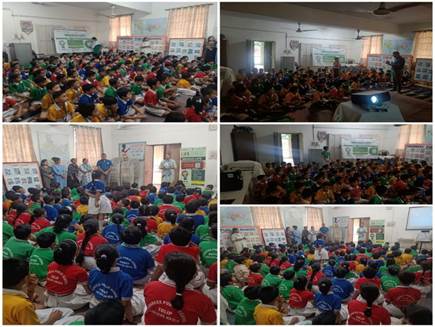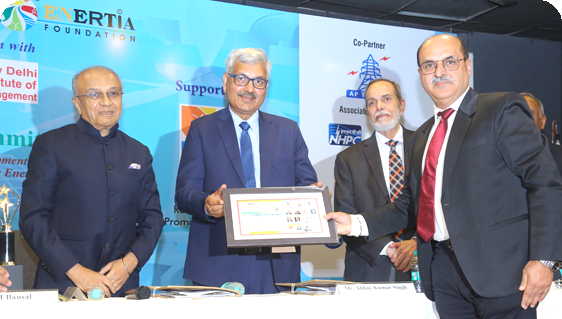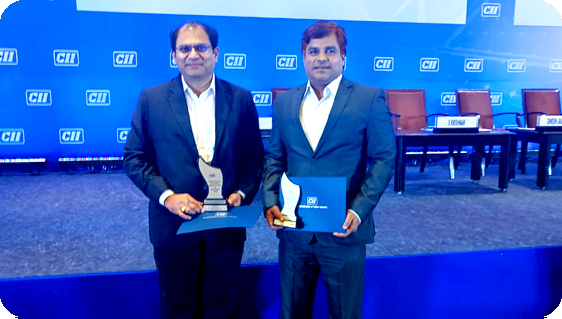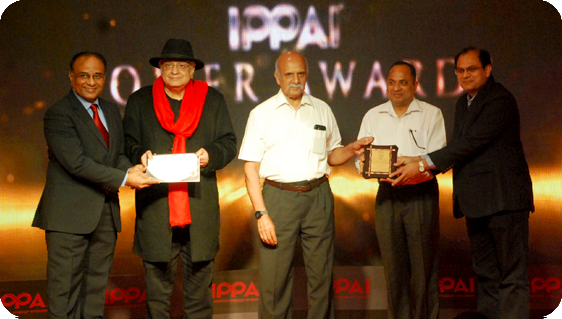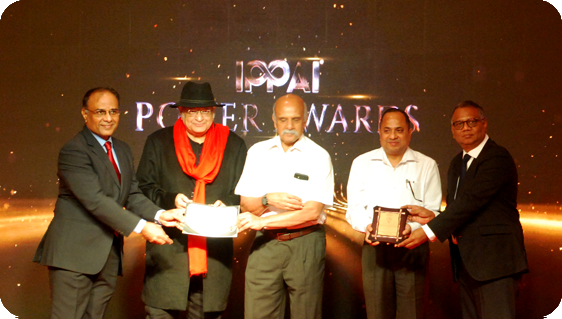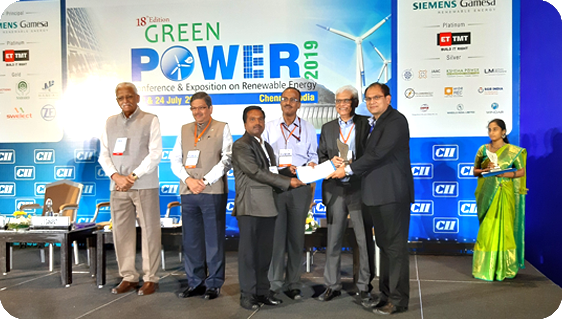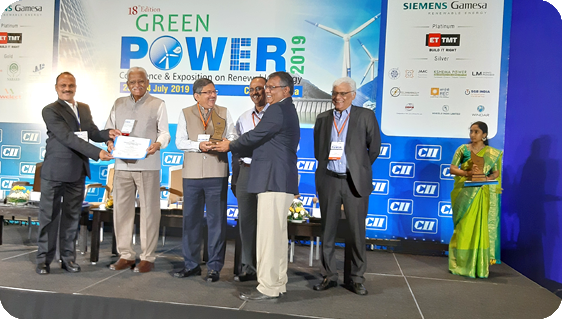Soil Testing and Nutrient Analysis
Soil testing and nutrient analysis are foundational steps in optimizing nutrient management for healthy, high-yield crops. Here's an overview of the importance and key aspects of this topic:
1. Significance of Soil Testing:
Identifying Nutrient Status: Soil testing provides valuable insights into the current nutrient status of your soil, including levels of essential macronutrients (NPK) and micronutrients.
Customized Fertilization: It allows for precise and customized fertilizer recommendations, ensuring that crops receive the nutrients they need and preventing overapplication and unnecessary costs.
2. Nutrient Analysis:
Macronutrients: Soil testing measures macronutrients like Nitrogen
Micronutrients: It also analyzes micronutrients like iron, manganese, and zinc, which are essential in smaller quantities for plant health.
3. Steps in Soil Testing:
Sample Collection: Soil samples are collected from various points in the field to represent the entire area accurately. Sampling depth and method are important factors.
Laboratory Analysis: Soil samples are sent to a certified laboratory for analysis. The lab provides data on nutrient levels, pH, organic matter content, cation exchange capacity (CEC) salt concentrations among other parameters.
Interpretation: Soil test results are interpreted to determine nutrient deficiencies or imbalances. This information informs fertilizer recommendations.
4. Benefits of Soil Testing:
Fertilizer Use Efficiency: Soil testing facilitates a higher fertilizer use efficiency by tailoring fertilization to the specific needs of each field or crop, minimizing waste and environmental impact.
Cost Savings: By applying only the required nutrients, farmers can reduce fertilizer costs while maintaining or increasing yields.
5. pH and Soil Acidity:
Soil testing includes pH measurement, which determines soil acidity or alkalinity. Correcting pH is crucial since it affects nutrient availability. Lime may be recommended to raise pH in acidic soils, making nutrients more accessible to plants.
6. Timing and Frequency:
Regular soil testing is recommended, typically on an annual basis, to monitor nutrient changes over time. Timing should align with crop rotation and before each planting season.
By understanding the significance of soil testing and nutrient analysis, farmers can make informed decisions about nutrient management. Regular soil testing, correct interpretation of results, and customized fertilization based on these findings are crucial for maintaining soil health and achieving optimal crop yields while conserving resources and protecting the environment.










































.JPG)


